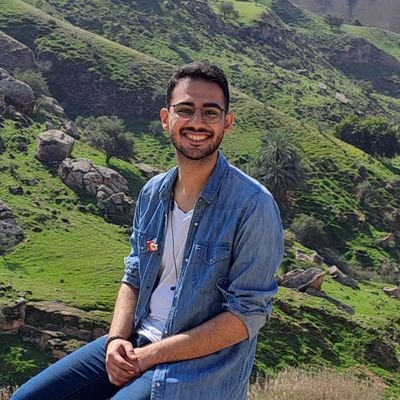
CSML IIT Lab
@PontilGroup
Followers
28
Following
121
Media
4
Statuses
42
Computational Statistics and Machine Learning Lab @IITtalk | PI: @MPontil | Statistical learning theory, ML for dynamical systems, ML for science, optimization.
Genoa, Italy
Joined November 2024
RT @pie_novelli: New preprint out on arXiv: "Self-Supervised Evolution Operator Learning for High-Dimensional Dynamical Systems"!. Read it….
0
3
0
RT @OrdonezApraez: Check out our new work on learning ambidexterous bi-manual (and multi-arm) manipulation via morphological symmetry explo….
0
2
0
Excited to share our group’s latest work at #AISTATS2025! 🎓.Tackling concentration in dependent data settings with empirical Bernstein bounds for Hilbert space-valued processes. 📍Catch the poster tomorrow!. 🔁 See original tweet for details!.
🚨 Poster at #AISTATS2025 tomorrow!.📍Poster Session 1 #125. We present a new empirical Bernstein inequality for Hilbert space-valued random processes—relevant for dependent, even non-stationary data. w/ Andreas Maurer, @vkostic30 & @MPontil . 📄 Paper:
0
2
8
🚨 We’re still hiring for this exciting Postdoc in Scientific ML!.If you’re interested in ML for dynamical systems and/or PDEs, reach out to us directly — the link is outdated, but the position is open! .📩Contact us!.🔁RTs appreciated.More info: #postdoc.
🚨Postdoc Opportunity in Scientific Machine Learning 🚨. Join us in designing cutting-edge learning algorithms for simulating physical systems! Focus on ML for dynamical systems. @ELLISforEurope @IITalk.Details: 🌟 #postdocposition #postdoc.
0
1
5
DeltaProduct is here! Achieve better state tracing through highly parallel execution. Explore more!🚀.
1/9 There is a fundamental tradeoff between parallelizability and expressivity of Large Language Models. We propose a new linear RNN architecture, DeltaProduct, that can effectively navigate this tradeoff. Here's how!
0
1
3
13/ 🙏 Collaborations with the @iitDLSLab group led by Claudio Semini and the @GroupParrinello led by Michele Parrinello enriched our research, resulting in impactful works like [P9, P10] and [P7, P11].
1
0
0








